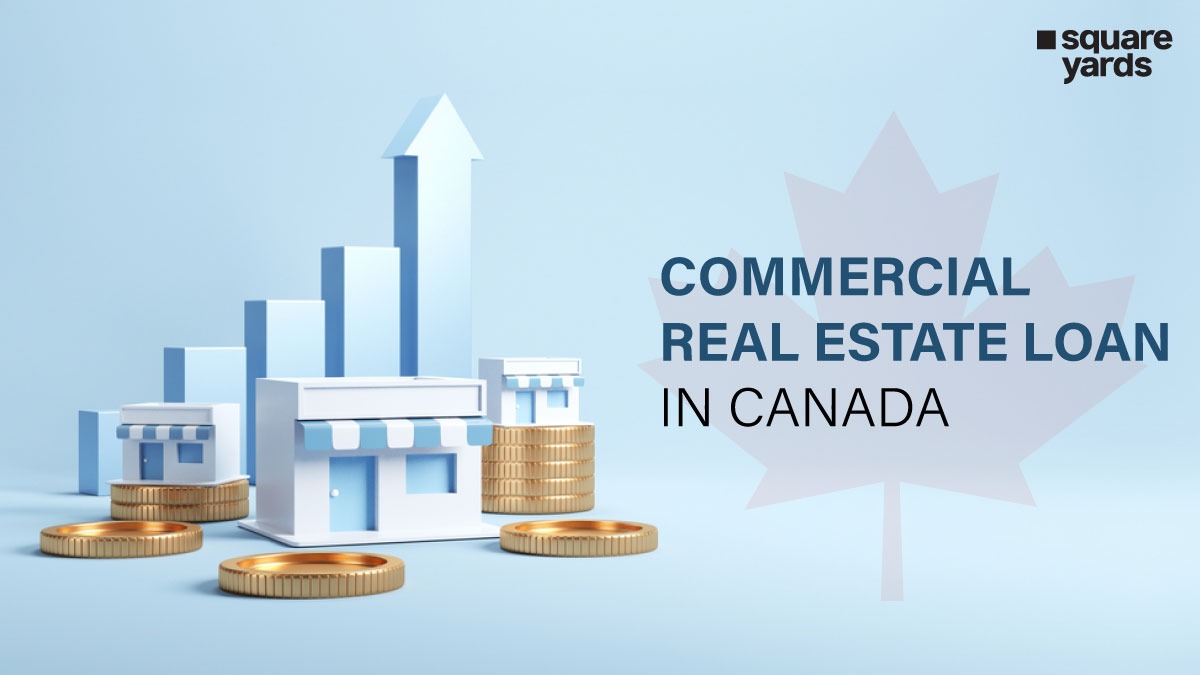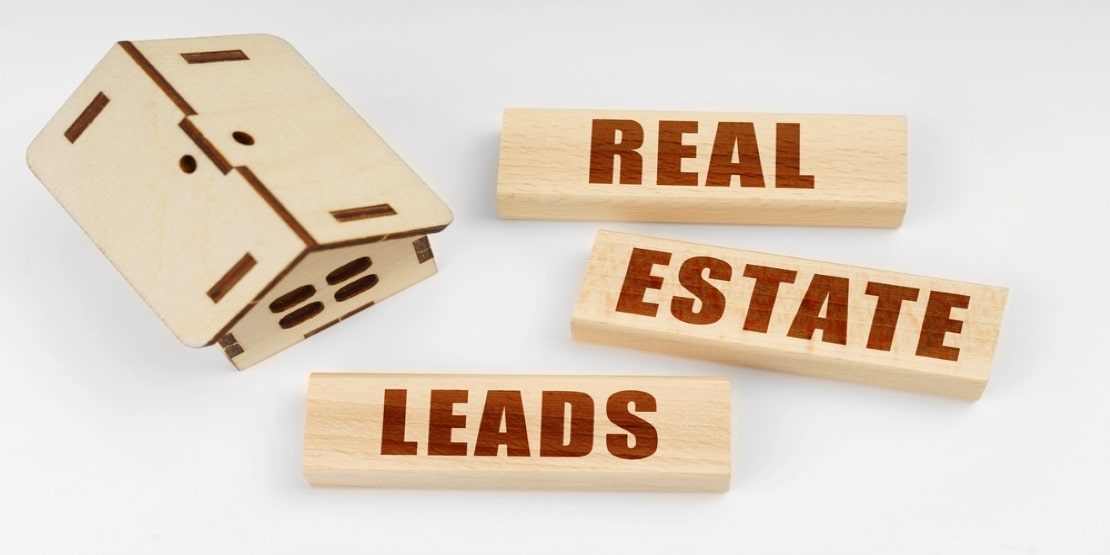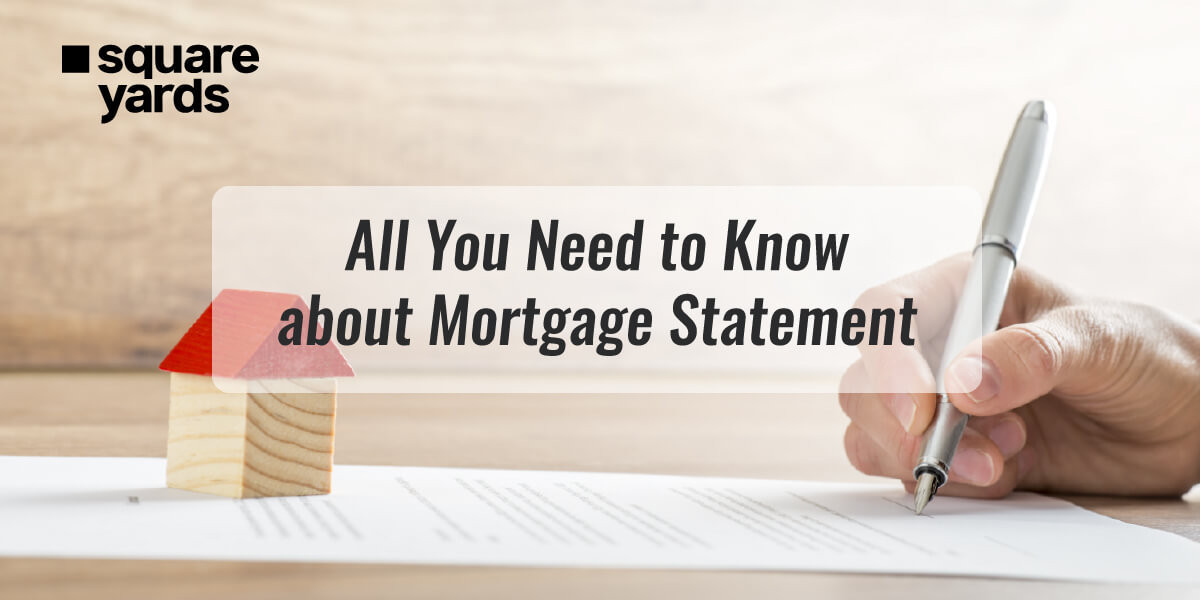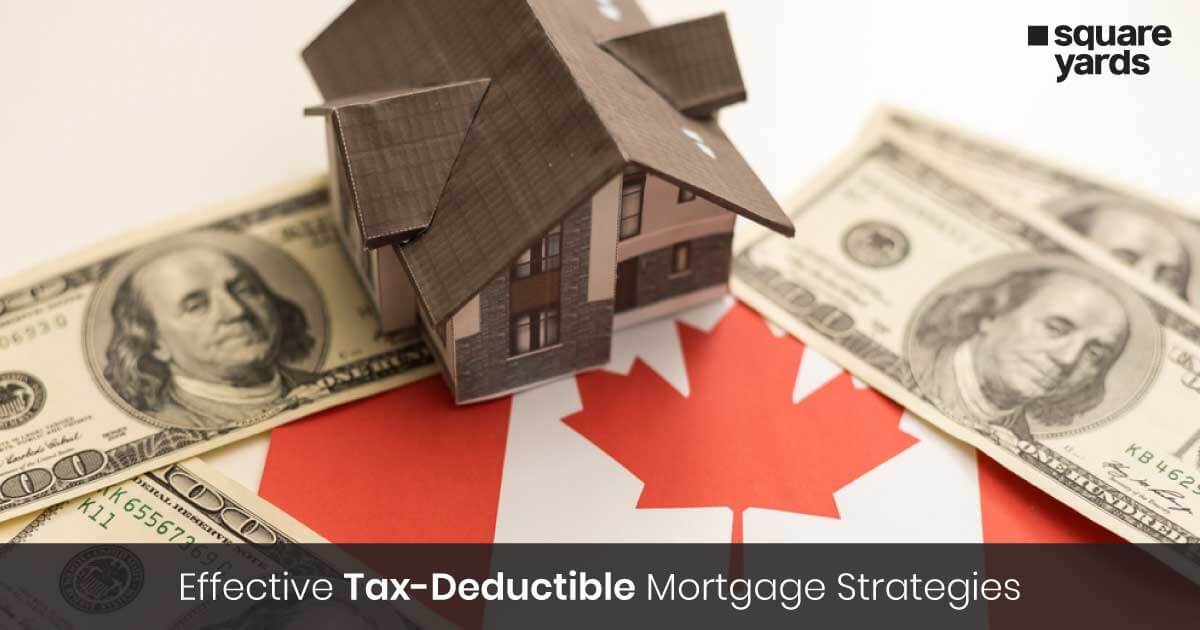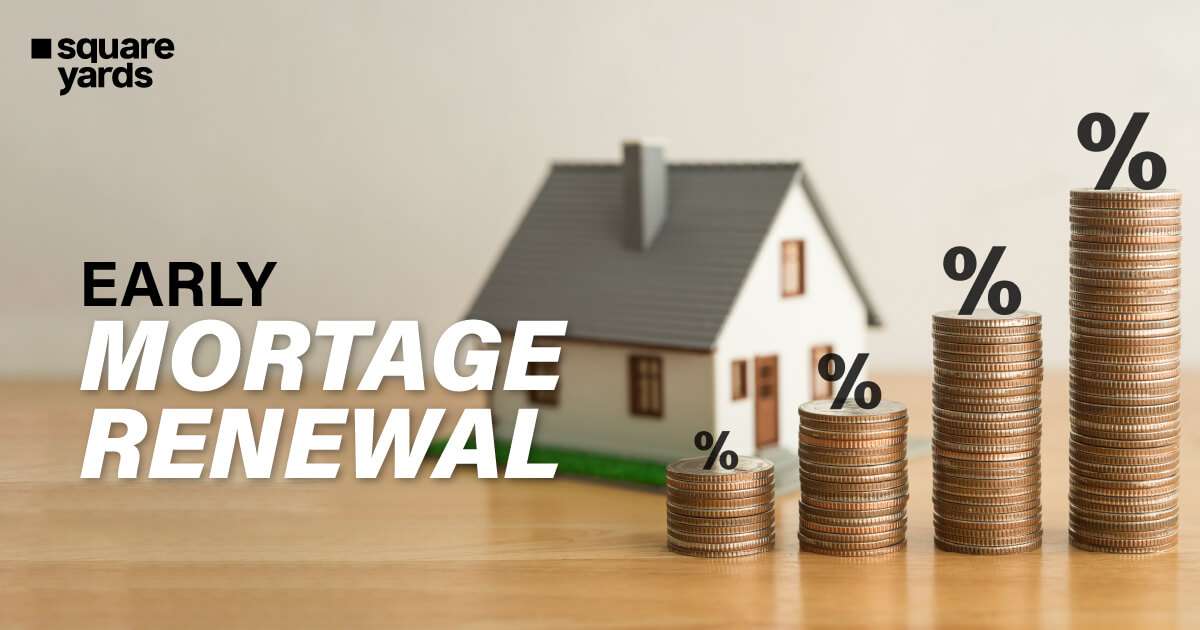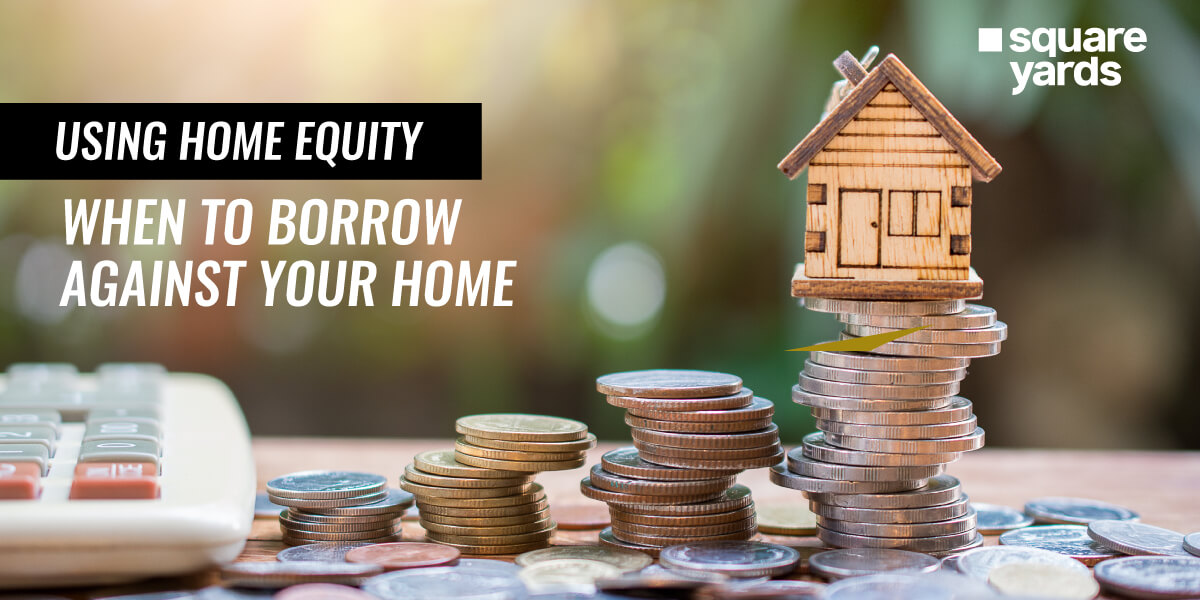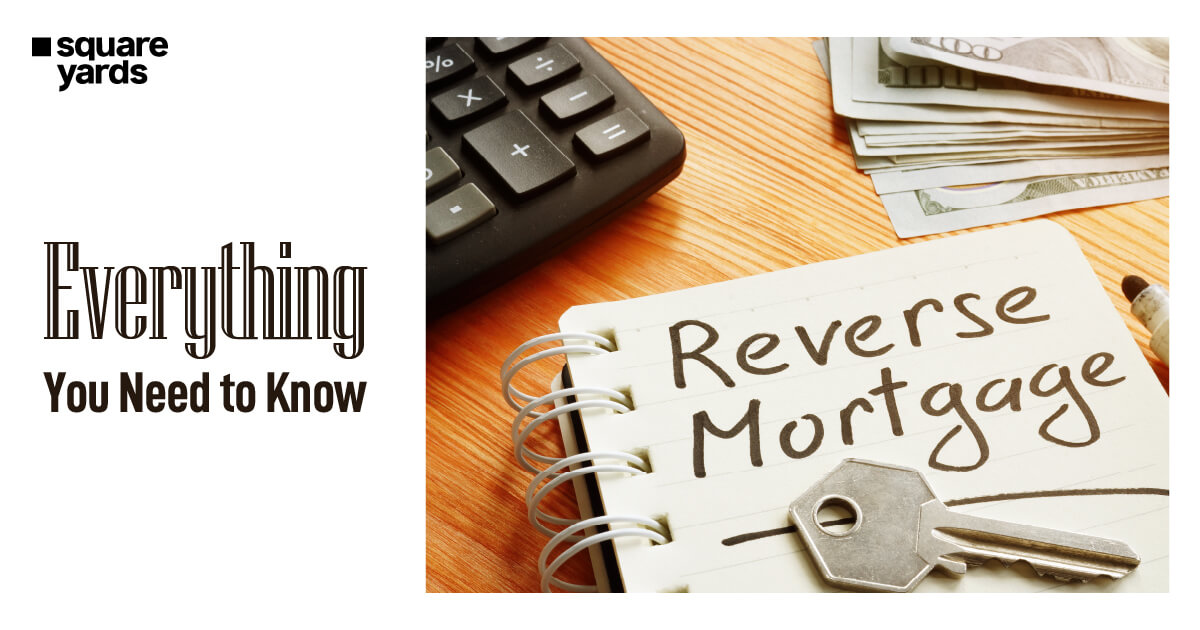Income-producing property utilized only for business (as opposed to residential) purposes is referred to as commercial real estate (CRE). Retail malls, shopping centers, office buildings and complexes, and hotels are a few examples of commercial real estate. Commercial real estate loan, primarily mortgages secured by liens on commercial property, are often used to finance the purchase, development, and construction of these properties.
One might get confused or feel overwhelmed while delving into various aspects of commercial real estate loans in Canada. In this blog, we’ll shed light on the meaning, features and eligibility related to commercial real estate loans.
What is a Commercial Real Estate Loan?
Banks and other lenders are actively involved in making loans on commercial real estate, just like they are with home mortgages. In addition, commercial real estate is financed by insurance companies, pension funds, private investors and other sources.
Here, we examine commercial real estate loans, including how they differ from residential loans, what makes them unique, and what factors lenders consider.
Residential Loans vs Commercial Real Estate Loans
| Commercial Real Estate Loans | Residential Real Estate Loans |
| Loans for commercial real estate are typically given to companies (corporations, developers, limited partnerships, funds and trusts). | Individual borrowers are often the ones who receive residential mortgages. |
| Commercial loans often have terms of between five years and twenty years, with the amortisation time frequently exceeding the loan duration. | Residential mortgages are an amortised loan, meaning that the debt is paid off over time in set instalments. The 30-year fixed-rate mortgage is the most widely used home mortgage product. |
| Loan-to-value ratios for commercial loans typically vary from 65 to 80 percent. | For some residential mortgages, like USDA or VA loans, high loan-to-value ratios—even up to 100%—are permitted. |
Common Features of Commercial Real Estate Mortgages
Businesses and corporations can apply for a variety of commercial mortgages in Canada, each with a unique set of features. The terms of your specific mortgage may also change in accordance with your lender’s policies.
However, the majority of business mortgages in Canada contain a few fundamental characteristics.
| Mortgage Interest Rates | Fixed, variable or combined |
| Loan-to-Value Ratio (LTV) | As high as 85% |
| Mortgage Term | 1 – 25 years |
| Amortisation Period | 25 years maximum (insured up to 40 years) |
What Counts as Commercial Real Estate?
You must specify the kind of property you want to finance when you apply for a commercial mortgage. The maximum loan-to-value (LTV) ratios for a few of Canada’s most well-known commercial properties are listed below:
-
- Commercial Plaza equals 75%
- Depends on the property is a construction project
- Farmland equals 55%.
- Industry accounts for about 75%
- Residential Multi-Family (1 to 4 units) = varies by property
- Multi-Family Residential (five units or more) = 85%
- 80 percent of storefronts have apartments or mixed residential and commercial uses.
There are also 3 other kinds of residential properties that you can finance with a commercial real estate loan if you’re a prospective landlord looking to purchase one or more investment homes:
-
- Residential only (1 to 4 units)
- Residential only (5 or more units)
- Mixed Residential and Commercial
Is CMHC Insurance Required for Commercial Properties?
The majority of mortgage insurance in Canada is provided by the Canada Mortgage and Housing Corporation (CMHC). CMHC insurance, which is offered by a wide range of suppliers, assists in protecting lenders and borrowers throughout the development, acquisition, or refinancing of multi-unit properties, including:
-
- Residential Structures
- Mixed Residential and commercial structures
- Facilities for Care and Retirement
- Housing for Students Projects
-
Key Features of CMHC Mortgage Loan Insurance
The main features of the CMHC mortgage loan insurance are as follows:
-
- Terms of 1 to 10 years for financing
- Up to 40-year-long extendable amortisation periods
- rates of interest beginning at 3.50 percent
- 15% as a minimum down payment
- Unrestricted traction size
- For competitive floating and fixed interest rates, insured properties are eligible.
- Financing amounts as high as 85% of the lending value of the property
- Products that are adaptable to project financing requirements and lower renewal risk
It’s been noted that there is a large financial risk associated with commercial real estate loans. Therefore it’s usually a smart idea for your company to acquire CMHC insurance. Additionally, since there is always a danger that your company could go bankrupt, the lender will typically want it to obtain mortgage insurance because they are assuming the biggest risk.
Criteria for Commercial Mortgage Eligibility in Canada
Your company must meet specific requirements before most lenders would approve it for funding because commercial mortgages can include high loan-to-value ratios and risk levels:
-
Debt Service Coverage Ratio
This figure, which compares your company’s available cash flow to its loan obligations, is the first thing lenders look at. They can also require you to provide them with some cash-up advance, depending on the size of the mortgage.
-
Business Type
Companies that don’t appear to be prosperous might not be eligible for respectable commercial financing. When you apply, be sure to include a strong business plan to demonstrate that your company can generate enough revenue to repay the loan.
-
Business Health
The majority of commercial real estate loan lenders also prefer to finance a company that has been generating consistent liquid (as opposed to equity) profits for several years. Even a minimum net worth of $100,000 to $200,000 may be required for your business.
-
Credit History
Your company should have a positive credit history and as little outstanding debt as feasible in order to be eligible for a respectable commercial mortgage. To guarantee that all payments will be completed, you might additionally want a strong personal credit score.
-
Down Payment
Lenders may require larger down payments for commercial properties than they would for residential ones, depending on your risk profile. While pure commercial properties are closer to 50% down, mixed properties frequently require 20% to 35%.
How to Make a Commercial Real Estate Loan Application?
Although your commercial real estate loan lender may have different requirements for approval, by following these easy steps, you can apply for the majority of business mortgages:
Step 1: Examine Your Company’s Finances
If you already run a business, check your books and accounts to make sure everything is in order. Keep in mind that most commercial lenders only approve companies whose size and profitability are expected to increase. This is especially true for banks, as many of them will turn away a company with a poor track record of income.
Step 2: Select the Type of Financing You Need
Create a thorough budget and take into account all costs before applying for a commercial real estate loan. Many companies ignore this problem, and most lenders won’t work with business owners who aren’t ready. Don’t focus just on the property’s selling price. Be sure to also take the following things into account:
-
- Whether you want to lease or finance the property
- What sort of property would you like, and where should it be situated?
- How much space the company requires and whether it will expand
- How much time would be wasted in production due to an expansion
- If the property needs to be improved, maintained, or repaired
- The potential ongoing expenses (operational fees, legal fees, etc.)
Step 3- Organize your Business Documents
The next step after finding a business property to mortgage is to obtain and keep current any necessary paperwork for your application, such as:
-
- A thorough and practical business plan
- Your most recent financial reports for your company
- Information regarding the business property
- Information on your personnel (particularly your management team)
Step 4- Talk to Your Commercial Real Estate Loan Lender
When you submit an application for a commercial real estate loan, you’re attempting to convince the lender that your company is capable of paying back the loan in full, together with any interest and other costs incurred over the amortization period. It’s best to chat with your lender before placing a bid on the home if you’re unsure about your readiness so you can go over issues like:
-
- What kind of commercial real estate loan is required by your firm?
- What the particular terms of the lender’s commercial borrowing are?
- Whether or not a title search, appraisal, or both are required?
- What assessments of environmental quality and building condition you should order?
Step 5: Submit Your Offer
If not handled carefully, a commercial mortgage is a major investment that could seriously hurt your company. Give your decision and any potential mortgage restrictions enough thought because you might be stuck with them for a while. In this manner, there won’t be any issues or disputes when applying for a mortgage.
When you’re prepared, submit your offer at least one or two months before you require the commercial property because this is the typical time it takes for lenders to analyse your papers and make a decision on your loan approval.
Things To Take into Account before Obtaining A Commercial Real Estate Loan
Regarding commercial mortgages in Canada, the following are some additional crucial considerations:
-
Ratio of Loan to Value
How much of the property’s value your lender accepts to finance is referred to as the loan-to-value ratio. If the home is in good condition and has a reasonable resale value, banks often lend between 75 and 100 percent of the purchase price. Although deficits might need to be covered out of your own assets or the business’ working capital, the higher your LTV, the more money you can save and reinvest in the firm.
-
Period of Amortization
The typical length of a commercial mortgage is 15 to 20 years. Although a shorter amortisation may enable your company to pay off debt more quickly, interest rates will often be higher (and vice versa). Longer mortgage terms will result in higher interest payments, but you will still have access to money throughout that period.
-
Renovations
Your business property’s real estate worth may rise if you do repairs, additions, and improvements. Your lender might then permit you to include any related expenses in your commercial mortgage.
In Conclusion
Obtaining a commercial real estate loan in Canada can be daunting if you do not research and educate yourself about the industry. Having a systematic approach to the features, benefits and companies disbursing commercial real estate loans is essential for the smooth processing of mortgages.
You May Also Read
Frequently Asked Questions (FAQs)
There are many lenders in Canada who can give you a commercial mortgage, and they all have distinct requirements. For instance, if you want a large mortgage with a quick amortisation and a moderate interest rate, banks and credit unions may be better, but alternative lenders typically have fewer restrictions but higher rates for smaller loans.
You might need to contribute 20 percent to 50 percent of the total cost of the property in order to get approved for a substantial commercial mortgage with an alluring term and interest rate.
Sometimes it's challenging for startups and less established companies to get accepted for commercial mortgages. Fortunately, Canadian business owners who require financial assistance can turn to the Business Development Bank of Canada (BDC), a federal organisation that provides commercial mortgages with fewer limitations, longer terms, and lower prices.
A commercial mortgage's size might differ significantly based on the location and the viability of your organisation. For instance, the majority of conventional mortgage lenders, such as banks and credit unions, have minimum borrowing thresholds between $500,000 and $1 million. To suitable enterprises, some lenders may, however, extend loans as large as $40 million. Where can I obtain a commercial real estate loan or business mortgage?
How much of a down payment is required for a business mortgage?
Can I obtain a business loan from the BDC?
For how much money can I obtain a commercial mortgage?

